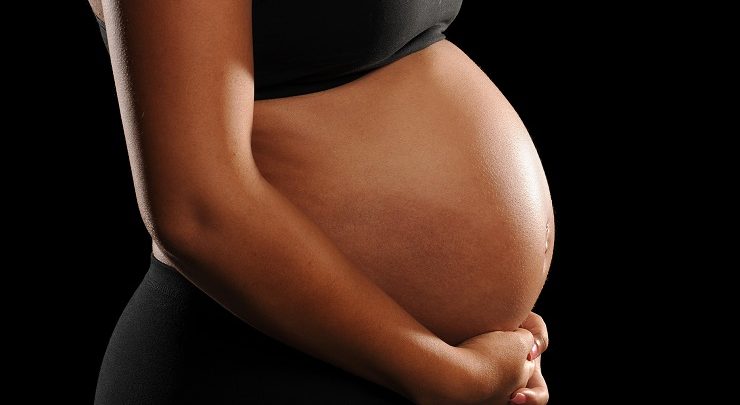Ideal foods for pregnant women

Eating a balanced and varied diet makes sure you have all the nutrients you and your baby need during your pregnancy. This advice is important for everyone – including your family and partner! There are some important things you need to know about which foods are good for you and your baby and which foods you should avoid.Try to avoid eating food that has lots of sugar and salt, and choose foods from each of these groups every day – they are all important for your health now and after your baby is born.
Fruit and vegetables
Eat plenty of these, at least five portions a day. Each portion should be the size of a good adult handful, but preferably more. Choose vegetables and fruits that are different colours – orange, red, green, yellow, white and purple fruit and veg all have different nutrients so aim to ‘eat a rainbow’!Whether fresh, frozen, tinned or dried, fruit and vegetables have lots of healthy vitamins and minerals. They are also a good source of fibre, which helps prevent constipation.
Meat, fish, eggs, beans and other non-dairy sources of protein
Meat, poultry, fish, eggs, beans and pulses, nuts, seeds, tofu and other meat alternatives provide protein and the important nutrients iron and zinc. Protein builds new tissue for bones, muscles and organs, so it’s vital for your baby’s growth.Eggs are a very good source of nutrients and are cheap and easy to prepare. While pregnant women have until now been advised to avoid eating raw or under-cooked eggs, new research suggests that lightly cooked eggs are safe to eat in pregnancy as long as they are of Red Lion standard.Oily fish, such as sardines, mackerel, salmon and fresh tuna, have Omega-3 fatty acids, which can be helpful for the baby’s brain development. But you should have no more than two portions of oily fish a week. Aim to eat protein foods twice a day.
Bread, rice, potatoes, pasta and other starchy foods
This group also includes foods such as couscous, polenta, yam and other grains and starchy roots. Starchy carbohydrate foods are packed with energy and they should make up the main part of every meal alongside fruit and vegetables.Choose wholegrain, wholemeal or multigrain versions of foods such as bread, rice and pasta. These will give you more fibre and other nutrients and fill you up more. You can leave the skins on potatoes when you cook them as well – easier and more nutritious!
Milk and dairy foods
These include milk, cheese and yoghurt. Dairy foods are a good source of calcium, which, along with vitamin D, is important for strong bones and teeth. Choose low or reduced-fat versions and, if you are pregnant, make sure any cheese or milk you have has been pasteurised. As you need 6-8 cups or glasses of fluid a day, milk could be a good option for some of these.
Tips for getting your five a day
Have fruit for breakfast – slice a banana or sprinkle berries into your breakfast cereal, for example.
Cook a variety of vegetables, blend them in a food processor and add them to tomato-based sauces or stews.
Have a salad with your midday or evening meal.
For a snack, choose a piece of fresh fruit, a handful of dried fruit or raw vegetable sticks with some hummus for dipping.
What if I don’t like vegetables?
Try some raw vegetables, such as carrots and peppers, or sweeter vegetables, such as sweetcorn. You could also add a little chopped or blended veg into sauces or stews made with tinned tomatoes – you probably won’t even notice it and if you keep trying different vegetables you will probably find you, and your family, learn to like them more.




